The Best collection of IELTS vocabulary Books and materials for beginners
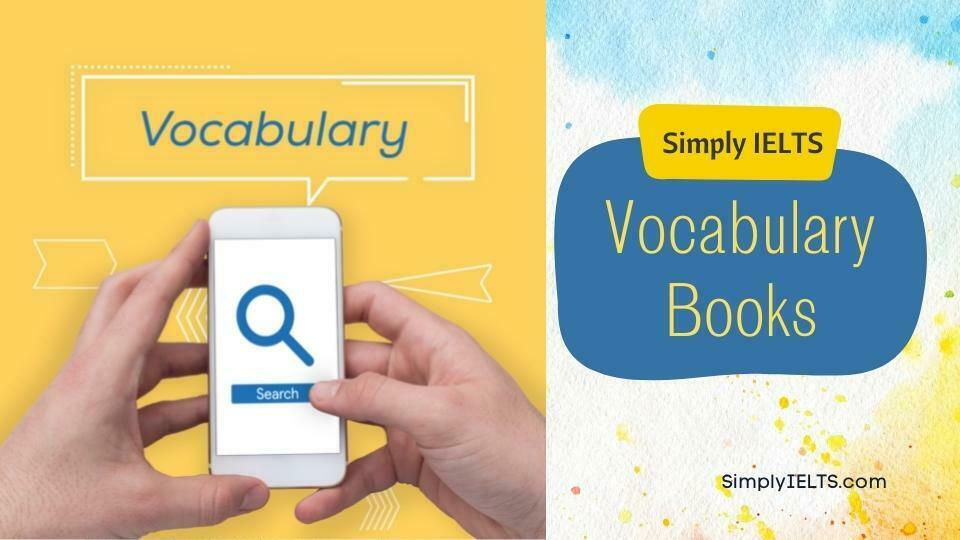
The Best collection of IELTS vocabulary Books and materials for beginners

In this article, Simply IELTS will explore IELTS vocabulary books and learning materials as well as help you have a clearer view of IELTS vocabulary. Is it as important as we think? Which IELTS vocabulary learning method will be effective? Let’s find out together!
Vocabulary – The key to conquering the IELTS test
Many of you wonder: “Is vocabulary so important in the IELTS test? Or are people just exaggerating its importance?
Before answering the above question, let’s take a look at the purpose of the IELTS test which is to assess your English ability through 4 skills: Listening, Speaking, Reading, and Writing.
So does vocabulary play an important role with these 4 skills?
The answer is yes! With each skill in the IELTS test, vocabulary plays a particularly important role. Here is the role of vocabulary with each skill:
| Skill | The role of vocabulary with each skill in IELTS |
| Listening | The purpose of the IELTS Listening test is to test whether you can understand the content of conversations and monologues on a variety of topics and situations.=> Without vocabulary, you will not be able to understand the content of those tapes, leading to not being able to give correct answers. |
| Reading | With the IELTS Reading test , you will be tested on your ability to read passages containing descriptive language, academic theories on a variety of topics.=> Without vocabulary, you will not be able to understand the author of the article, you may not even understand the question, and give the wrong answer. |
| Speaking | With the IELTS Speaking test , you will need vocabulary to be able to explain your views on a variety of topics, or must have vocabulary to describe people, things, places… |
| Writing | Finally, with the IELTS Writing test , you need to equip yourself with vocabulary related to describing figures or images. In addition, you need vocabulary to be able to discuss and explain your point of view in an essay. |
(Note: The above skills are the skills found in the IELTS Academic test format.)
Thereby, it can be seen that your IELTS score will be directly affected by whether you have a solid vocabulary foundation or not. If you have a good foundation, you will probably find the IELTS exam a lot easier.
IELTS vocabulary learning rules
Before going into the rules when learning IELTS vocabulary, let’s find out with Simply IELTS the vocabulary problems that most IELTS students often encounter!
Problems when learning IELTS vocabulary
1. Like to learn vocabulary band 9.0
Currently, on social networking sites and websites, you must have come across many articles with titles such as: “IELTS 9.0 vocabulary must be memorized”, or “The whole IELTS band 9.0 vocabulary” or “1000 Vocabulary words for IELTS” . And as a normal reflex, you often immediately save those articles to your computer and learn those words with the belief that: “When I finish studying, I will get IELTS 9.0”.
However, Simply IELTS believes that there is no vocabulary that is a band 9.0 vocabulary and helps you to achieve 9.0 IELTS for sure. The fact that you save and study those lists of words only wastes your time in vain, and even makes you “lose points” in the eyes of the examiner, because you use that word without knowing the true meaning behind it. .
For example, when examining a student with the sentence “There are many people in my family” , Simply IELTS once saw a friend ask the following sentence: “There are plethora of people in my family”.
Perhaps for some of you reading the above sentence, you will find this sentence completely normal, even very good because it uses the word plethora (N) – this is a word that not everyone knows.
However, in this situation, the word “ lots ” is not used properly. Although the word plethora has a sharp meaning to “many”, here is more than necessary, superfluous.
So, in this situation, you just need to use a very ordinary word, many (There are many people in my family).
2. Learning in the form of “eating out”, alone
Another common mistake that beginners often make is just learning the words in the form listed below:
- Tackle
- Therapy
- Thesis
Learning a list of words like this will not improve your vocabulary base.
First , when learning vocabulary according to a list like above, you will not know what kind of words those words are? Noun, verb, or adjective etc…?
Failure to determine what type of word the word is, will make you likely to make the wrong sentence. This is also a mistake that quite a few beginners make.
For example, to say a sentence “I like watching movies”, you say something like: “I interested in watching movies”. Can you spot the mistake of this sentence? (Try to think before reading the answer!)
Second , learning the words listed above will not help you imagine the context of using that word.
For example, someone translates the sentence: “People use their phones a lot these days” as “Nowadays, humans are using their smartphones a lot”. Can you see any errors in this sentence? (Try to think before reading the answer!)
Third , learning vocabulary in a single form as above will also make it difficult for you to write sentences. For example, when learning a word to describe a person’s feelings of excitement, many of you use the word excited .
With the above definition, the word excited makes perfect sense. However, the friend wrote the following: “I am excited in my holiday – I am very excited about my holiday”. Can you see any errors in this sentence? (Try to think before reading the answer!)
Answer
- With the sentence “I am interested in watching movies”. Here, this sentence has the word interested as an adjective. And before the adjective, it will usually be a Verb to be. So this sentence is missing the verb to be “am” (because the subject is I).
- With the saying “Nowadays, humans are using their smartphones a lot”. In this sentence, the word human is used inappropriately in the context. With human (n), this word is often used in contexts related to the environment, nature, or biological species. Example: Dogs can hear far better than humans. For social contexts, it’s usually enough to just use the word people .
- With the sentence “I am excited in my holiday”, the preposition in is used incorrectly. The preposition that usually goes with the word excited is about . Therefore, when learning vocabulary, try to notice what the words before or after it in a sentence are!
2 Rules for learning IELTS vocabulary
- Wherever you study, you will surely come
This is a rule that Simply IELTS thinks will help you a lot, not only for the IELTS test, but also for the development and feeling of the English language in you.
If you are still in the habit of “greedy”, then you should adjust a bit. Adjustment here does not mean that you do not need to add new words, but that every time you learn a new word, you need to study the word carefully.
Here are some basic aspects you can learn when learning a vocabulary
- What is the word type of that word? (noun, verb or adjective? etc.)
- What words usually go with that word? (What is the preposition or noun that usually goes with that word?)
- In what context is that word usually used? (formal, or casual..etc?)
- Is it an old-fashioned word? (old-fashioned words are words that are no longer commonly used at the present time, eg blithering idiot: an extremely stupid person).
- Learn words in context, learn in phrases
To understand the importance of this rule, you can go back and read IELTS vocabulary problems .
Again, if you still have bad habits when learning vocabulary, then you are unlikely to make progress. Instead, apply the 2 rules that Simply IELTS offers. Surely, when you follow these 2 rules, you will clearly feel your progress over time.
Best IELTS vocabulary Books and learning materials for beginners
There are many books to learn IELTS vocabulary, however, if you are just starting to learn English, Simply IELTS encourages you to study the following books:
1. English Vocabulary in Use – Elementary – Basic IELTS vocabulary material
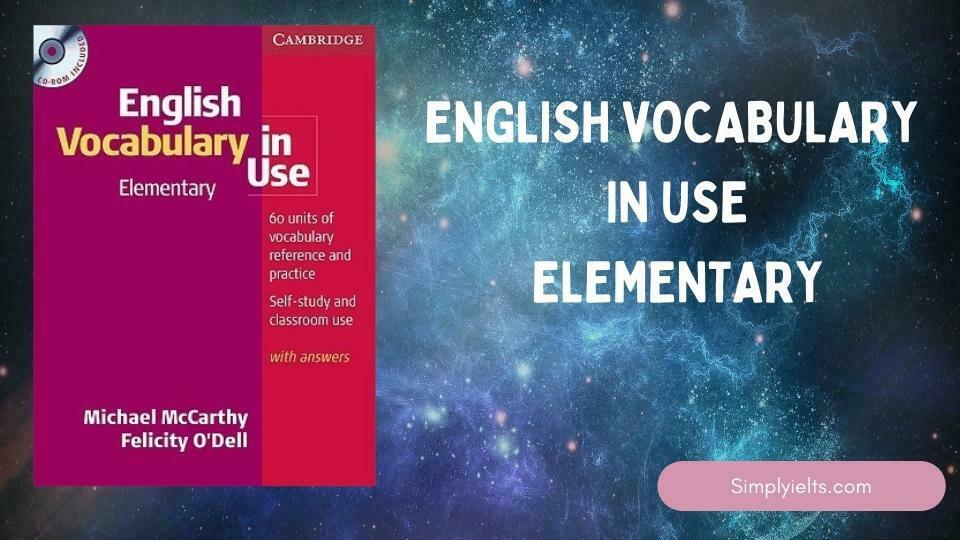
Information related to the book English Vocabulary in use – Elementary
| Publisher | University of Cambridge |
| Author | Michael McCarthy & Felicity O’Dell |
| Number of pages | 176 |
| Suitable subjects | This book is suitable for those who have lost their English roots or are just starting to learn English |
Since the book English Vocabulary in Use – Elementary is published by Cambridge University, so you can be completely assured of the quality of the book!
This is one of those books that beginners should refer to. This book will give you vocabulary in 60 lessons divided into 8 common topics. Specifically:
| Topic | Content |
| People (People) | You can learn words that describe family members, words related to the body, or words for illness… |
| At home (At home) | You can learn vocabulary for food, drink, vocabulary to describe household items… |
| School and Workplace | You can learn vocabulary about professions, learning activities, communication at work.. |
| Leisure (Free time) | You can learn vocabulary about activities you can do in your spare time: traveling, shopping, playing sports, etc. |
| The World (World) | You will learn vocabulary about countries, climates, as well as landscapes, cultures, etc. |
| Social issues | You will learn vocabulary about current problems in society, problems in the family, or problems around the world… |
| Everyday verbs (verbs used every day) | You will learn about verbs that are commonly used in everyday situations |
| Words and grammar (Vocabulary & grammar) | You will learn carefully about the types of words: nouns, verbs, adjectives, … |
The content of the book is presented logically, but the content of the book does not have explanations in other languages, so some beginners may have difficulties in the self-study process.
You can use some English-English dictionaries such as the Oxford dictionary or the Cambridge dictionary.
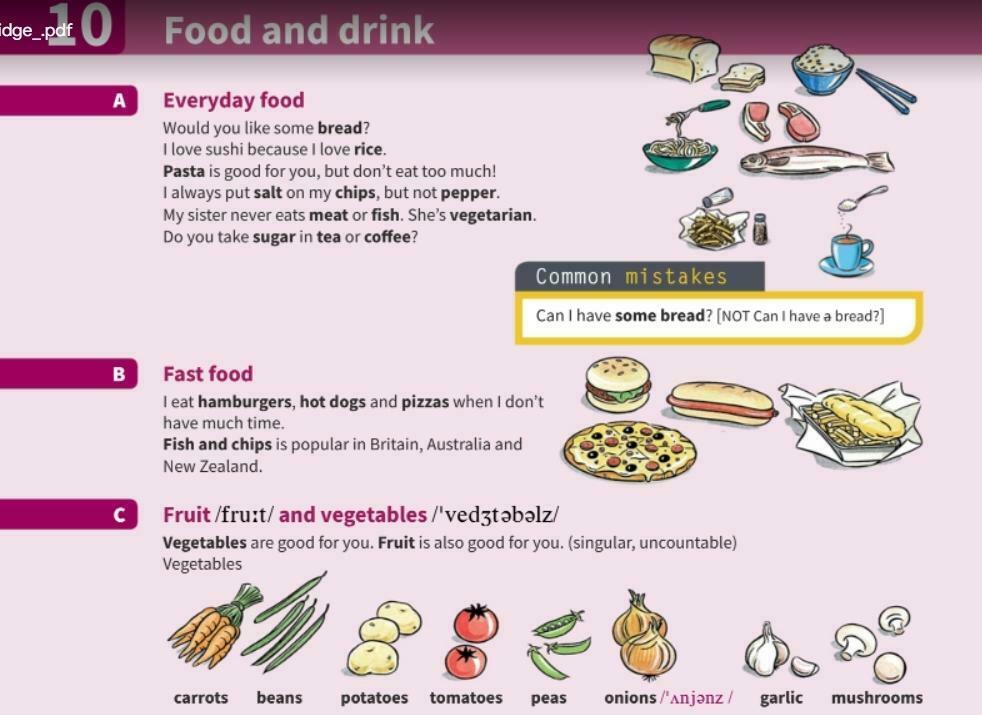
In addition to providing vocabulary, the book will also provide you with exercises to be able to apply the vocabulary you have learned.
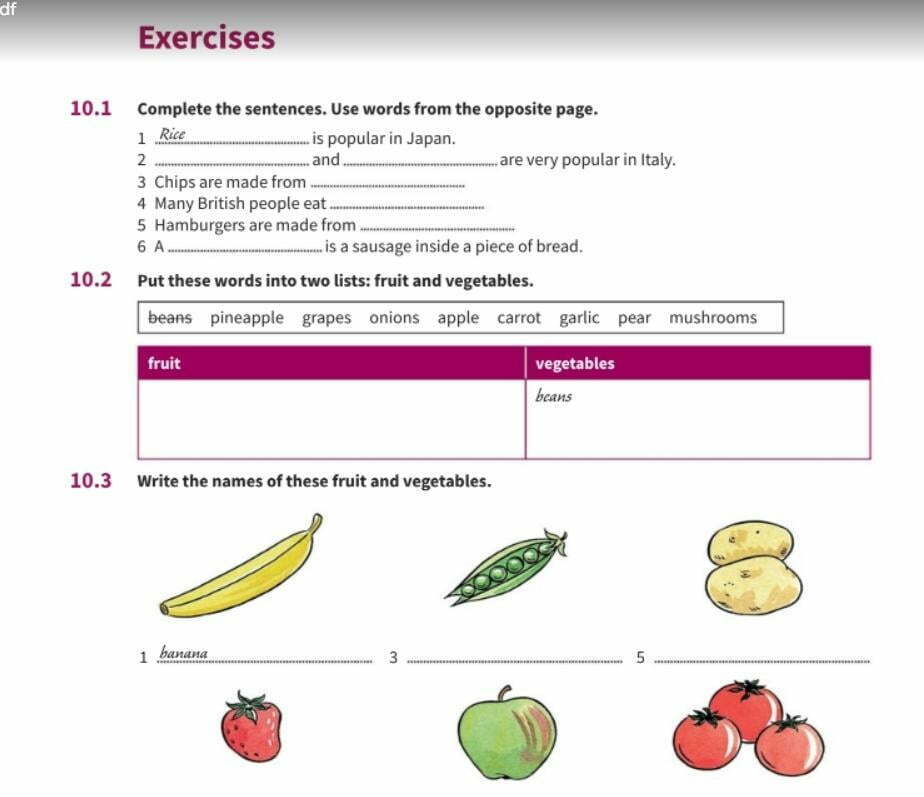
2. Oxford Word Skill – Basic – IELTS vocabulary learning material for beginners
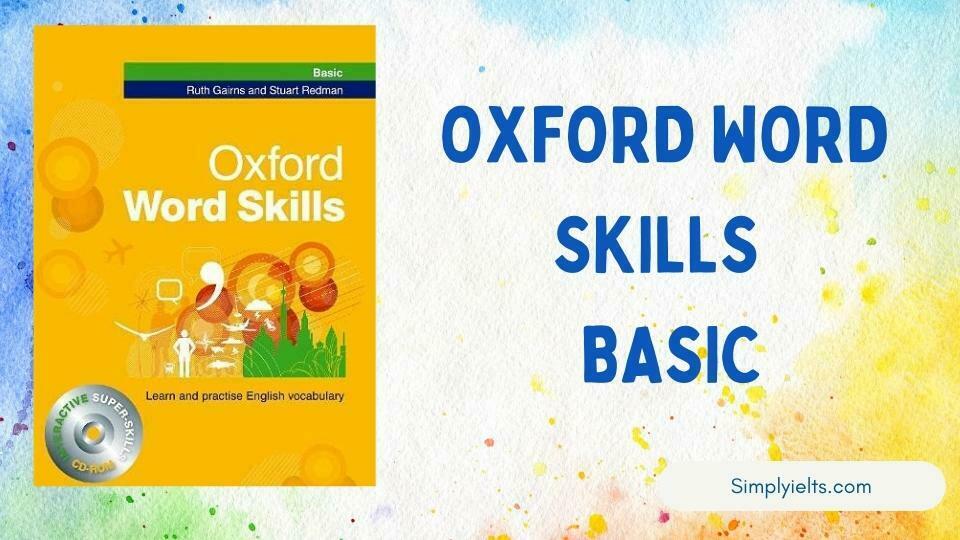
Oxford Word Skills – Basic IELTS Vocabulary boook general information
| Publisher | University of Oxford |
| Author | Ruth Gairns and Stuart Redman |
| Number of pages | 254 |
| Suitable subjects | This book is suitable for those who have lost their English roots or are just starting to learn English |
Another book that SIMPLY IELTS would recommend to you is the Oxford Word Skill – Basic
This book is published by the prestigious Oxford University, so you can also be assured of the quality of the content of the book.
The first part of the book contains instructions on the contents of each lesson, as well as an explanation of the symbols contained in the book. From there, you can make the most of the lesson content contained in the book.
Talking about the content of the book, you can learn 80 lessons through 10 popular topics.
| Topic | Content |
| Basic English (Basic English) | You will learn vocabulary about numbers, how to tell time, dates, etc. |
| People (Everyone) | You will learn vocabulary about personal information, vocabulary about describing people, or relationships around … |
| Everyday life | You will learn vocabulary about situations that occur in daily life: shopping, daily activity schedule … |
| Food and drink | You will learn vocabulary about everyday foods and drinks, or when going to restaurants, cafes … |
| Getting around | You will learn vocabulary about directions or words to refer to moving on vehicles… |
| Places | You will learn vocabulary to describe familiar places such as towns, shops, or rooms in your house… |
| Study and Work | You will learn vocabulary describing your work or study activities… |
| Hobbies and interests | You will learn vocabulary to be able to talk about your hobbies: listening to music, watching movies…. |
| Holidays | You will learn vocabulary for holidays as well as activities related to these holidays: booking rooms, buying bus tickets, … |
| Social English (Social English) | You will learn vocabulary related to meeting, communicating with people around… |
| Language (Language) | You will learn about vocabulary related to words: common nouns, verbs, adjectives… |
Above are all of SimplyIELTS’s shares about the role of vocabulary in the IELTS test, as well as suitable IELTS vocabulary book learning materials for those who are just starting to learn English. Wish you all good study!
Read this article as a pdf file:
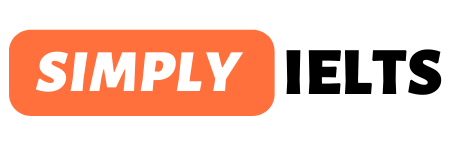

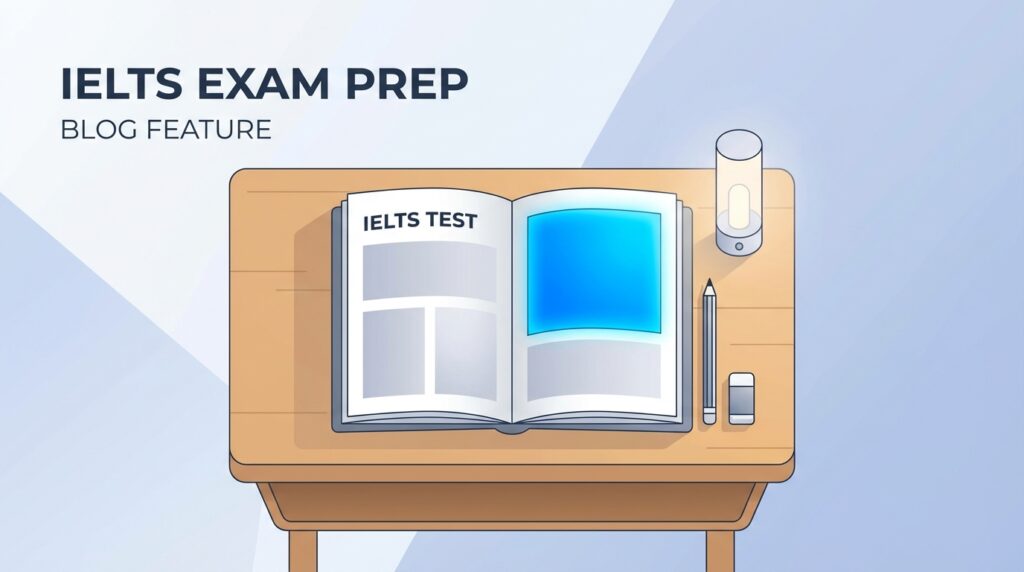

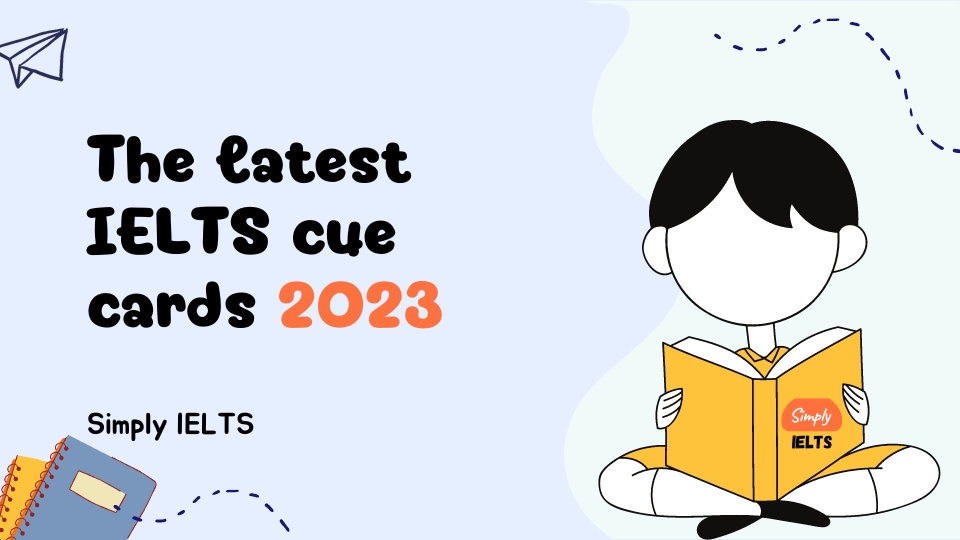

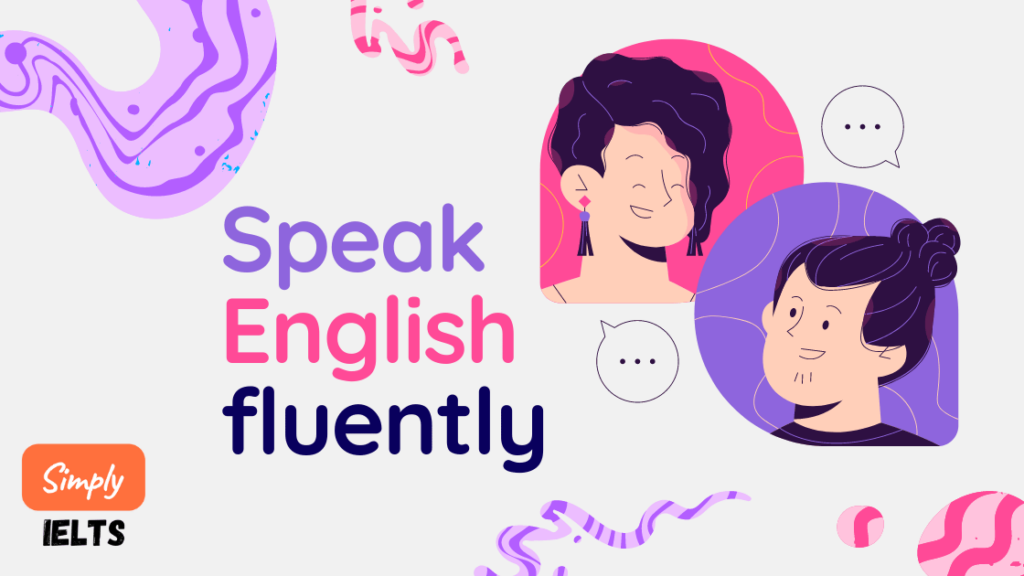
Responses